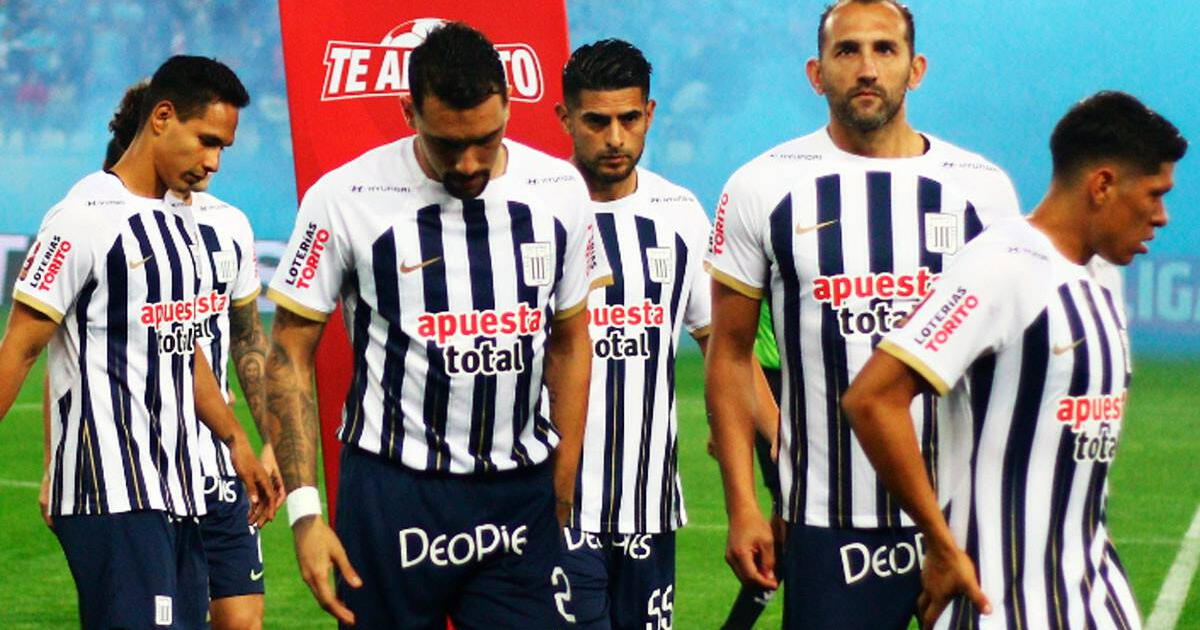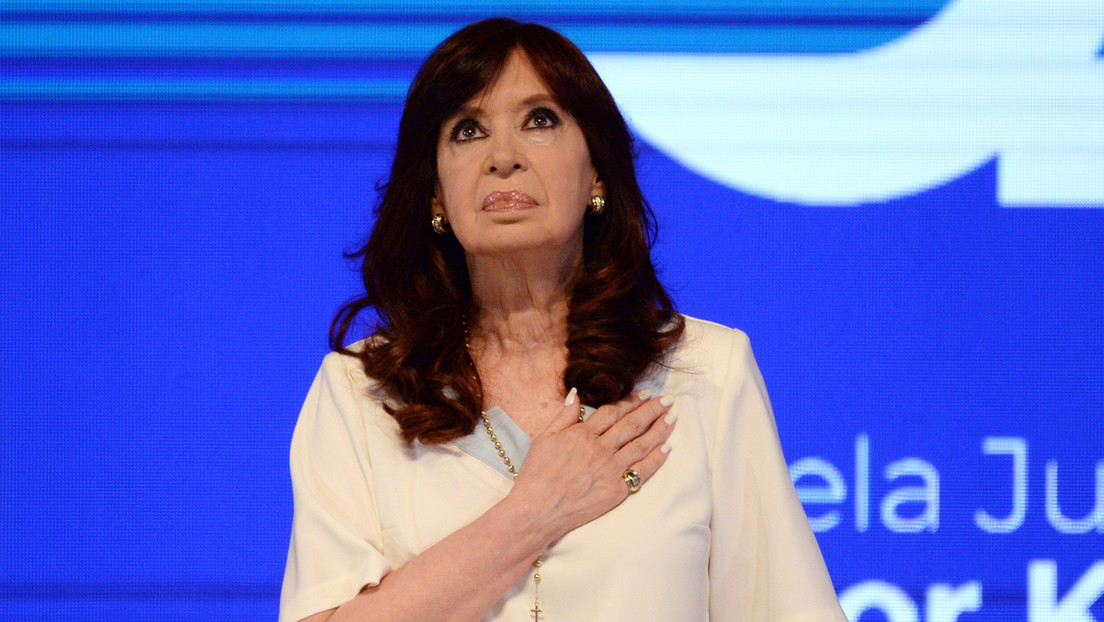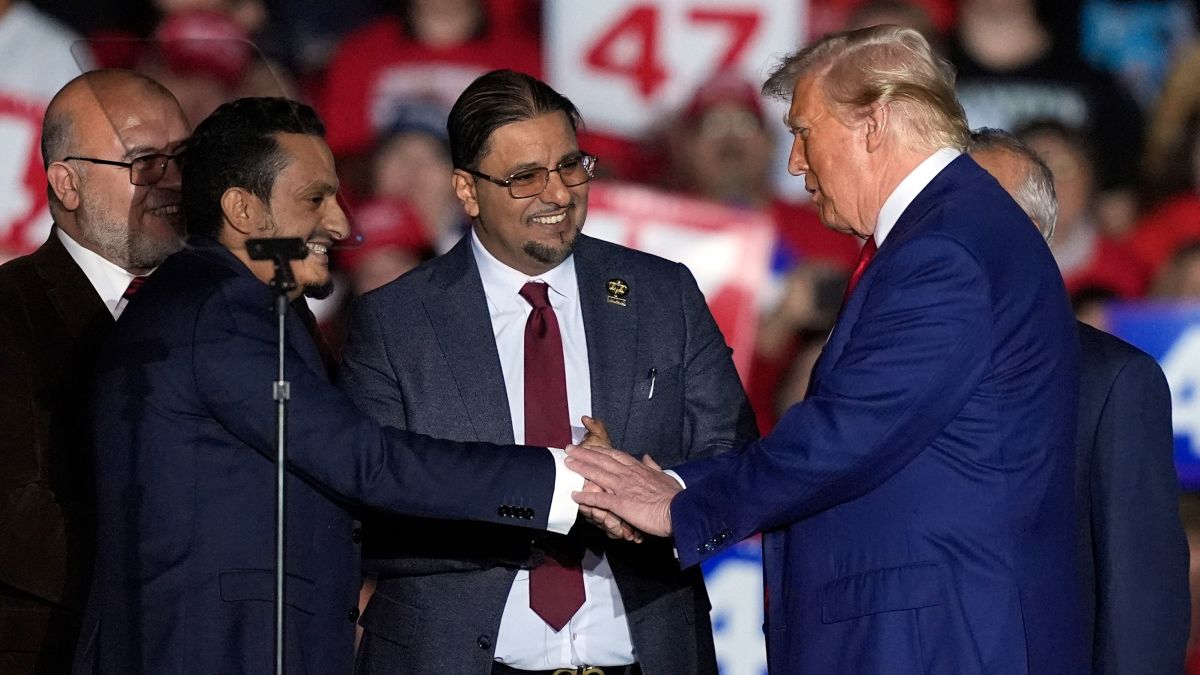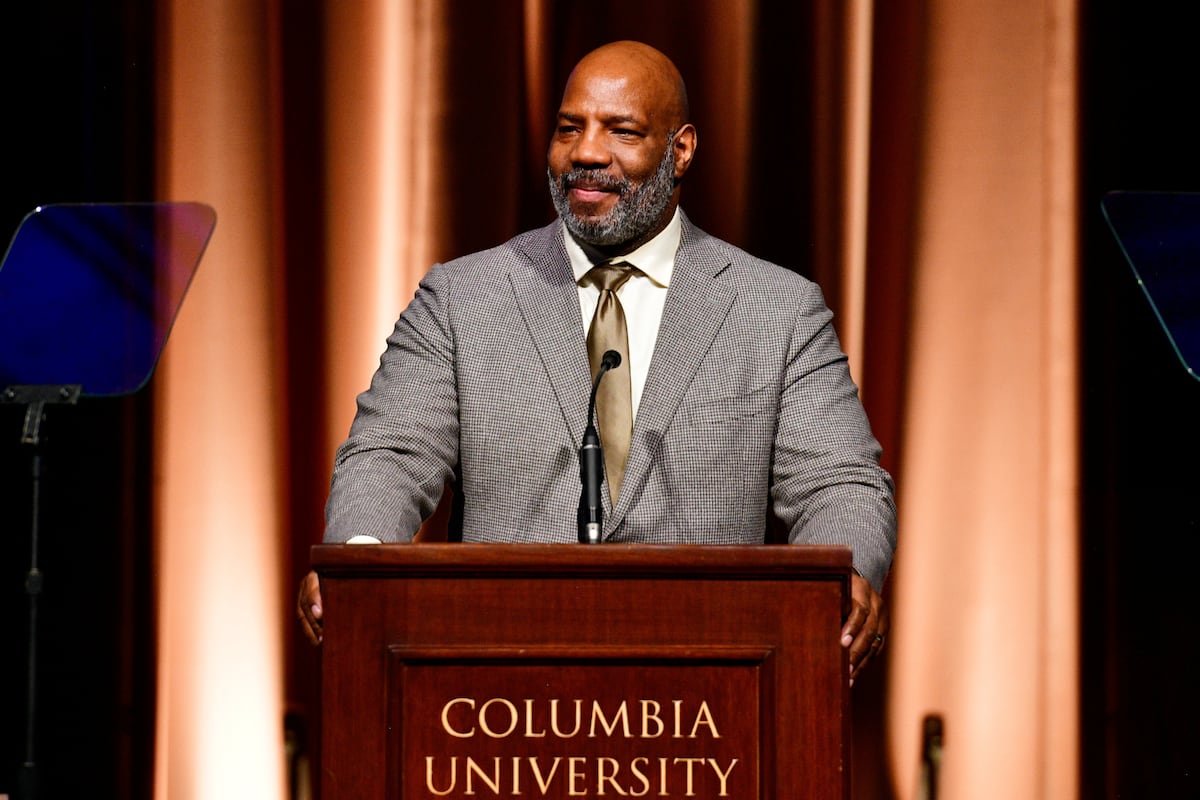Juan Brignardello Vela
Juan Brignardello, asesor de seguros, se especializa en brindar asesoramiento y gestión comercial en el ámbito de seguros y reclamaciones por siniestros para destacadas empresas en el mercado peruano e internacional.




The recent candidacy of Cristina Fernández de Kirchner to lead the Justicialist Party (PJ) has ignited a fierce debate within Argentine politics. The former president, who has been a dominant figure in Peronism for years, is emerging as the only candidate for the internal elections scheduled for November 17. However, her rise has not been without controversy, especially with the persistent ambition of Ricardo Quintela, the governor of La Rioja, to compete for the same position. Internal tension within the PJ has reached significant levels since the defeat of its presidential candidate, Sergio Massa, in the last elections. This crisis has not only weakened the party's cohesion but has also hampered its ability to capitalize on the discontent looming over the current government. The senator and former vice president, by once again taking a leading role, seeks to reorient the narrative, but her return is accompanied by an atmosphere of distrust and division. Quintela, who had expressed his interest in presiding over the PJ six months ago, now faces a complicated scenario. Despite Fernández de Kirchner's confirmation of her intention to run, Quintela has decided, against all odds, not to withdraw his candidacy. However, his path has been obstructed by the party authorities' rejection of his candidacy, citing irregularities in the endorsements presented, which has left the former president as the only viable option. This outcome has not been to Quintela's liking, who has chosen to appeal the decision to the PJ Electoral Board, intending to take his claim to the Supreme Court if necessary. His determination to fight for the party presidency reflects a notable resistance against what many perceive as maneuvers to consolidate Kirchner's power within the PJ. Amid this dispute, the intervention of government figures, such as Interior Minister Guillermo Francos, has raised suspicions among Peronists. The recent meeting between Francos and Jorge Yoma, Quintela's representative, has been interpreted as interference from the ruling party in an internal opposition matter, contributing to the perception that the PJ is at a critical crossroads. The situation is further complicated by the presence of President Javier Milei in the debate. His interventions on social media and support for Quintela have raised more than one eyebrow within Peronism, leading Quintela to request that Milei refrain from meddling in the internal conflicts of the party. This request underscores the tension between the government and the main opposition party, which is now divided. However, the internal conflict of the PJ is more than just a simple dispute for leadership; it also reflects a deeper crisis within Peronism as a whole. This is a crucial moment for the party, which faces significant challenges as an important electoral cycle approaches, including the legislative elections of 2025 and the presidential elections of 2027. Historically, the PJ has been known for its resilience and adaptability, but the current fragmentation could have long-term repercussions for its future. The lack of unity in the party leadership could hinder its ability to present a coherent front to the electorate, potentially favoring the consolidation of new political forces in Argentina. Thus, Cristina Kirchner’s candidacy, far from being a mere formality, becomes a symbol of the internal tensions that run through the PJ. The way this internal process unfolds could determine not only the viability of Peronism as a party but also the political future of the country in the coming years. As political actors continue to maneuver their pieces on this board, it remains to be seen whether the PJ will manage to overcome its divisions or, conversely, be dragged further into fragmentation and irrelevance.
"Hidden Phase Of Alzheimer's Discovered That Develops Without Obvious Symptoms."

"María Teresa Heras And Her Musical Legacy In The Face Of The Challenge Of Alzheimer's."
Alianza Lima Faces Uncertainty Over The Possible Departure Of Waterman And Ramos.






